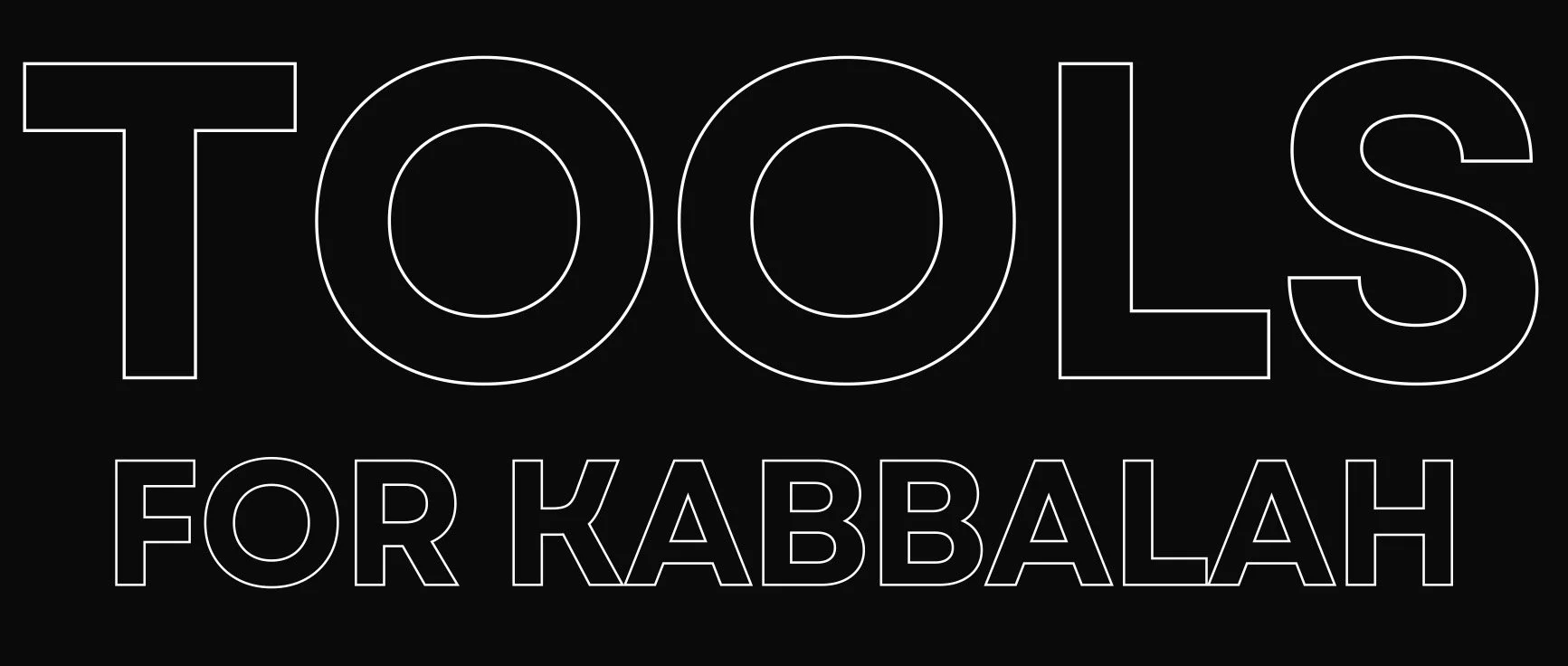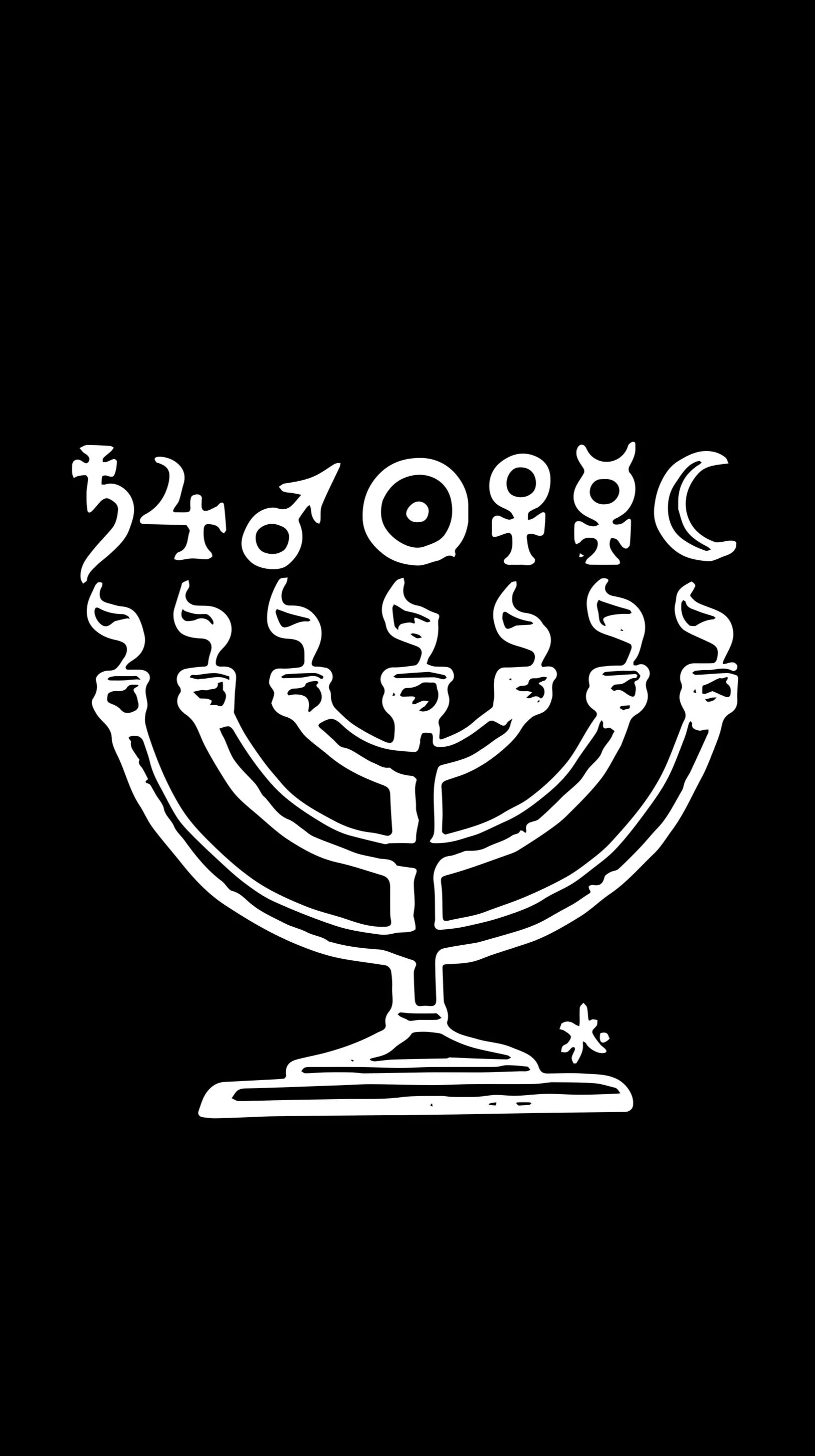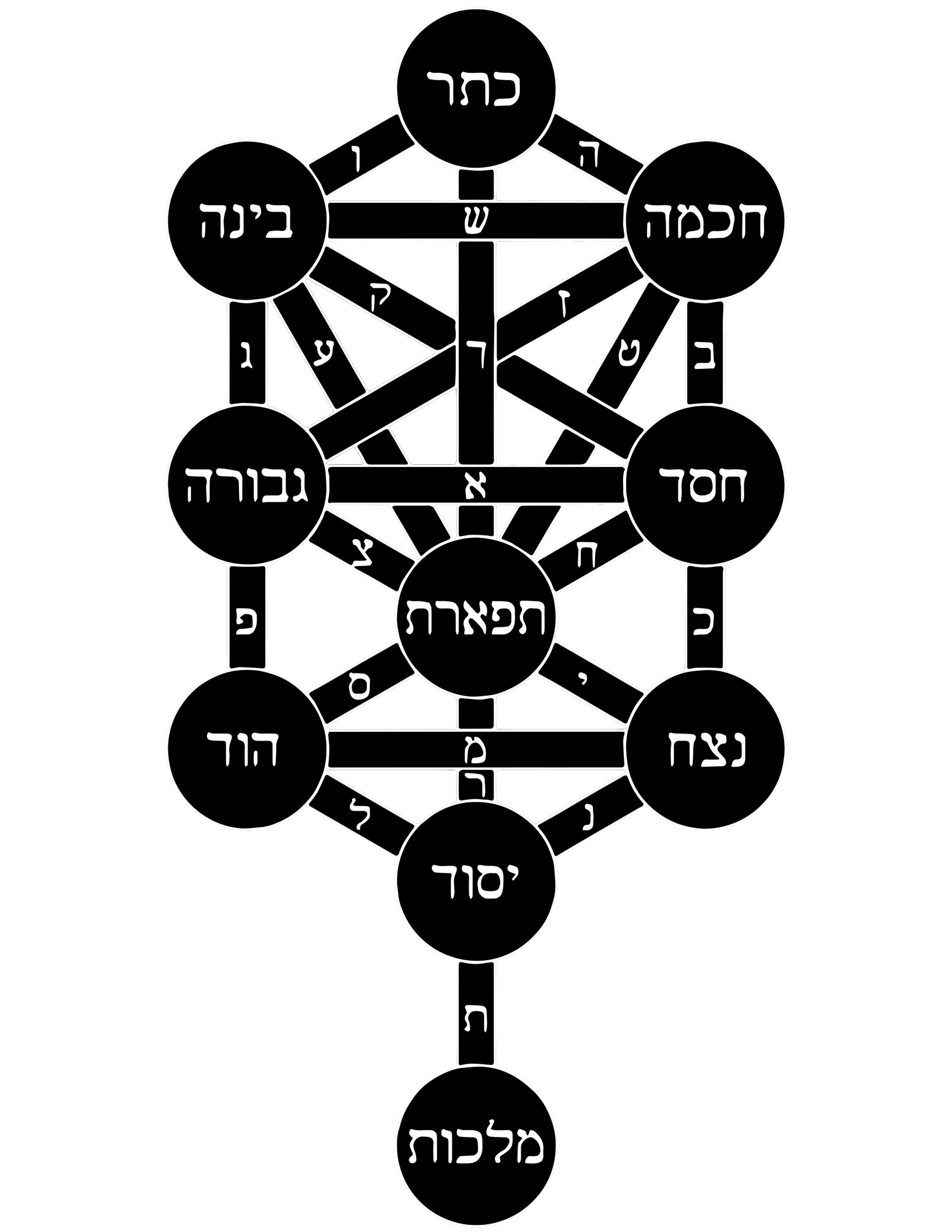
-
Planetary Hours Calculator
-
Gematria Calculator
-
Hebrew to Paleo-Hebrew Translator
What is Kabbalah?
In the Jewish tradition, much is written, yet even more is deliberately left unwritten. Of course, there are moments and insights so intimate that they are not supposed to be written down- if you even could write them down.
The Written Tradition
The written texts—such as the Torah and TaNach… but also the Sefer Yetzirah, the Zohar, and the works of the Ari—serve as scaffolding, providing the outer framework of mystical knowledge. These texts encode and hit toward the wisdom of the oral tradition in symbolic language, accessible only to the initiate. The texts offer a map but not the journey itself. Attempting to fully understand the texts without the Kabbalah is futile- as the Torah is the written key to the oral tradition.
The oral tradition, Kabbalah, is the living soul of Judaism. It transmits the inner essence of the teachings, the unspeakable truths that cannot be fully captured in words. Why is this so? Because the deepest truths are experiential; they must be lived and internalized through direct connection to the divine. Still, the realization of … is so intimate that you wouldn’t want to ruin the surprise for anyone.
The oral tradition protects these truths from misinterpretation, ensuring they are passed only to those who are spiritually prepared. This tradition reflects the concept of tzimtzum—the Creator’s self-concealment to allow creation to exist. By not revealing everything, the oral tradition invites the seeker to engage actively, to seek, wrestle, and discover- ultimately developing higher consciousness.



